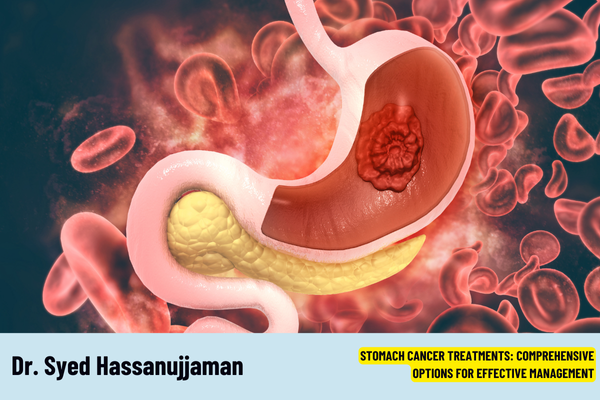Stomach Cancer Treatments: Comprehensive Options for Effective Management
Stomach (gastric) cancer, a malignancy originating in the stomach lining, demands a strategic treatment approach tailored to the individual patient. Here’s a look at the key treatment options available:
#### Surgery
Surgery is a primary treatment for stomach cancer, especially when detected early. The most common procedures are partial or total gastrectomy, where part or all of the stomach is removed. This aims to eliminate the tumor and prevent cancer spread. Sometimes, nearby lymph nodes are also removed to ensure comprehensive treatment.
#### Chemotherapy
Chemotherapy uses powerful drugs to target and kill cancer cells. It can be administered before surgery (neoadjuvant chemotherapy) to shrink tumors, making them easier to remove, or after surgery (adjuvant chemotherapy) to eliminate remaining cancer cells. Chemotherapy can also be used as a standalone treatment for advanced stages.
#### Radiation Therapy
Radiation therapy employs high-energy rays to destroy cancer cells. It’s often combined with chemotherapy (chemoradiation) to enhance effectiveness. This treatment is typically used before surgery to reduce tumor size or after surgery to target residual cancer cells.
Innovative treatments like targeted therapy and immunotherapy are gaining traction. Targeted therapy focuses on specific molecules involved in cancer growth, minimizing damage to healthy cells. Immunotherapy boosts the body’s immune system to recognize and combat cancer cells. These treatments offer new hope, especially for advanced gastric cancer. Combining traditional treatments with emerging therapies improves outcomes and enhances quality of life for stomach cancer patients. Early detection and a personalized treatment plan are critical. Regular consultations with healthcare providers and staying updated on new treatment advancements are essential for effective management of stomach cancer.
